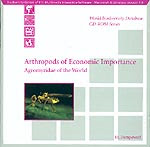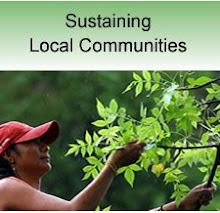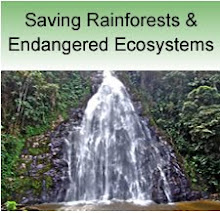
Most climate scientists agree that we must reduce our greenhouse gas emissions globally 80 percent by 2050 or risk facing calamitous consequences. Yet there are still people who believe we cannot change the way we produce and consume energy and grow the economy at the same time. In 2006, President Clinton founded the Clinton Climate Initiative (CCI) using the same market-based and convening approach that had successfully lowered the prices of HIV/AIDS medicines to advance clean energy technology development and innovation, and prove on a large scale that improving energy-efficiency also creates jobs and lifts economies.
Cities
While only covering 2 percent of the earth’s surface, cities contribute more than 70 percent of global carbon dioxide emissions. Through the Cities Program, CCI has helped implement energy efficiency projects including building retrofits, waste management, lighting, and transportation. In Africa, CCI’s Cities Program is working in Addis Ababa, Cairo, Lagos, Johannesburg, and Pretoria.
For example, CCI helped the city of Johannesburg determine the routes, operations, and vehicle specifications of their Rea Vaya Bus Rapid Transit system. More than 100 buses and 20 stations are now serving more than 38,000 passengers per day. The completed project is expected to serve 434,000 passengers per day and reduce CO2e emissions by 1.3 million tons by 2020. And in Lagos, Nigeria, CCI designed the procurement process leading to the development of the city’s first modern solid waste management system. Each year the new system will divert 180,000 tons of waste from landfill sites and reduce greenhouse gas emission by approximately 95,000 metric cubic tons.
Forestry
Each year, more than 13 million hectares of forests are lost. Deforestation in tropical countries is now a major contributor to climate change, representing about 15 percent of global carbon emissions. The loss of forests and changing land use are both a driver and a result of poverty in developing countries. In response, CCI’s forestry team aims to find sustainable solutions that break this cycle. Improving land use practices is one of the most effective ways to reduce poverty and build resilience in poor rural communities – and is one of the fastest and cheapest ways to reduce greenhouse gas emissions. Our goal therefore is twofold: to protect and manage forests to mitigate climate change, and to make these practices economically for national governments and local communities.
In Africa, CCI’s Forestry Program includes projects to avoid deforestation in Tanzania and to promote reforestation in Kenya, where less than 2 percent of the total land area is forested. CCI’s forestry program also works in Cambodia, Guyana, and Indonesia. Because most developing countries lack the technology and tools to track emissions and estimate forests’ carbon absorption and storage abilities, CCI is also helping partner countries design and implement their own measuring, reporting, and verification. This supports the development of international agreements on deforestation, and facilitates countries’ access to carbon markets as well as other sources of investment capital for forest preservation.
Also working on forestry projects in Africa, the Clinton Hunter Development Initiative (CHDI) has established large-scale reforestation programs that enable smallholder farmers in Malawi and Rwanda to improve erosion control, fruit and lumber production, and soil fertility. CHDI distributes seedlings and cuttings, educates farmers on the benefits of tree farming to watersheds and farmland, seeks local and international markets for the produce, and pursues fair trade certification. To support national carbon sequestration programs in both countries, CHDI then works to broker carbon credits generated by the planting programs on the international marketplace.
Clean Energy
In 2009, CCI agreed to work with the government of South Africa to assess the potential to create a large-scale "solar park". A solar park is an area where solar power is produced on a large scale, significantly decrease the cost of producing solar power.

































No comments:
Post a Comment